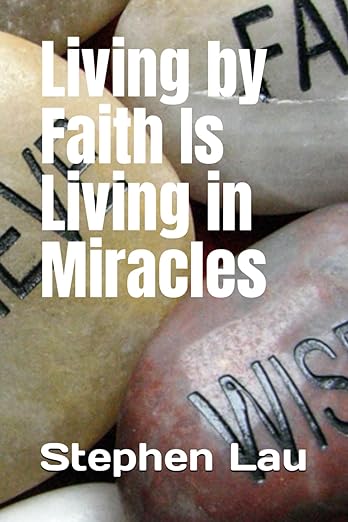Love Recipes
“Love” is a big word in
all human civilizations. For all religious disparities, love still plays
an essential role in all the world’s religions. Love plays an important role in
human lives, especially living in a world of conflicts and aggression.
What is the real meaning
of “love”? Love involves our emotions and feelings. We all love some things and
some people. Love,
ironically enough, gives us both happiness and unhappiness. When the love is
fulfilled, we feel happy; when the love is rejected or unrequited, we then feel
pain, which becomes the unhappiness. This, unfortunately, is the reality of
love.
Loving others is not
that easy, and loving yourself is sometimes even more difficulty. This is also
the reality of life.
The truth of the matter is that to truly love someone is very difficult, if not impossible, unless you
love yourself first.
Self-acceptance
In a general sense, self-esteem is the positive or negative evaluative
perception of self. It is a rating of self based on a partial assessment
of current and/or past traits. Many mental health professionals claim that
achieving higher self-esteem is the keystone of good mental health, in
particular, in avoiding depression; such claims, however, are dubious at best.
Low self-esteem is self-doubt, often expressed in not asserting oneself in public or
workplace, and not pushing past one’s comfort zones.
To love yourself is self-acceptance, which is accepting who
and what you really are—and not who and what you wish you were (that is, your
ego-self). It should also
be pointed out that “loving yourself” and “loving your ego-self” are not quite
the same. The former is loving yourself for who you really are despite all your
imperfections; the latter involves loving or craving to be the person you wish
you were. “Loving yourself” means you can love others as well because they are
not very different from you in that they, too, are as imperfect as you are. On
the other hand, “loving your ego-self” means it is very difficult to love
others because you want to distinguish and separate yourself from others;
accordingly, others must somehow satisfy your ego first before you can
love them. That
explains why if you have a big ego-self, you cannot easily and readily love
others.
The bottom line: if you
can accept yourself as who and what you are, then it may become much easier for
you to accept and love others as who and what they are.
Oneness with all life
Accepting and loving
others implies having mindfulness of the inter-connection between people; that
is to say, no man is an island, according to the poet John Donne. This mindfulness
leads to love, and then to the awareness of the presence of God or that of a
Higher Being. Love is the first step towards spirituality.
The oneness with all life is one of the basic laws of Nature: that
is, we are all inter-connected with one another. This universal moral principle
holds the key to true and lasting freedom in living. Without that freedom, we
are forever living in human bondage that inhibits further development of the
wellness of the body, the mind, and the soul. Without this wellness alignment,
there is no wellness wisdom.
An illustration
A pastor from Hong Kong was invited to give a
sermon in China.
A woman from the congregation asked the pastor if it was right to give money to
get her son into an elite school. The pastor replied by saying: “Your son
getting into that elite school would also imply depriving another child of that
same opportunity you are seeking for your child.”
A year later, the pastor met the same woman,
who told him that her son had got into that elite school but without using her kwanxi
or connection. The pastor
then said to her: “See, God is in control; if you would just let Him.”
Thinking question
If you were the woman with the money and the kwanxi, would you have done differently?
Stephen Lau
Copyright© by Stephen Lau










